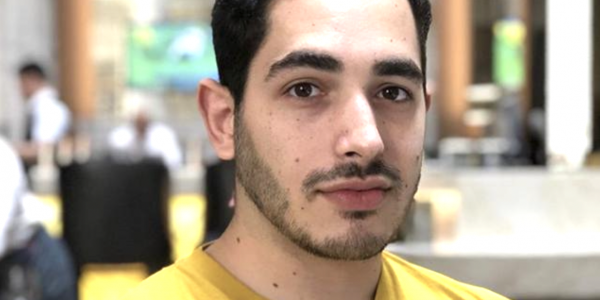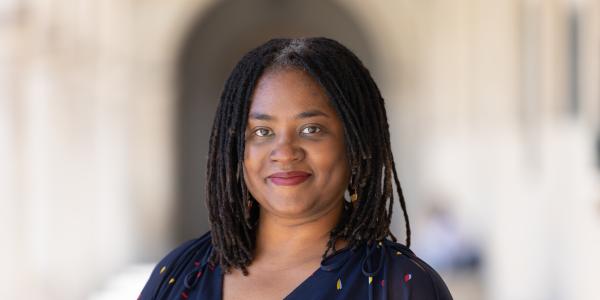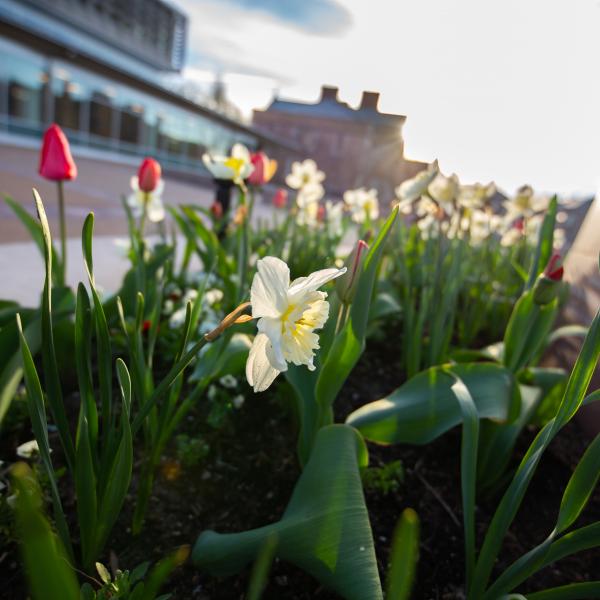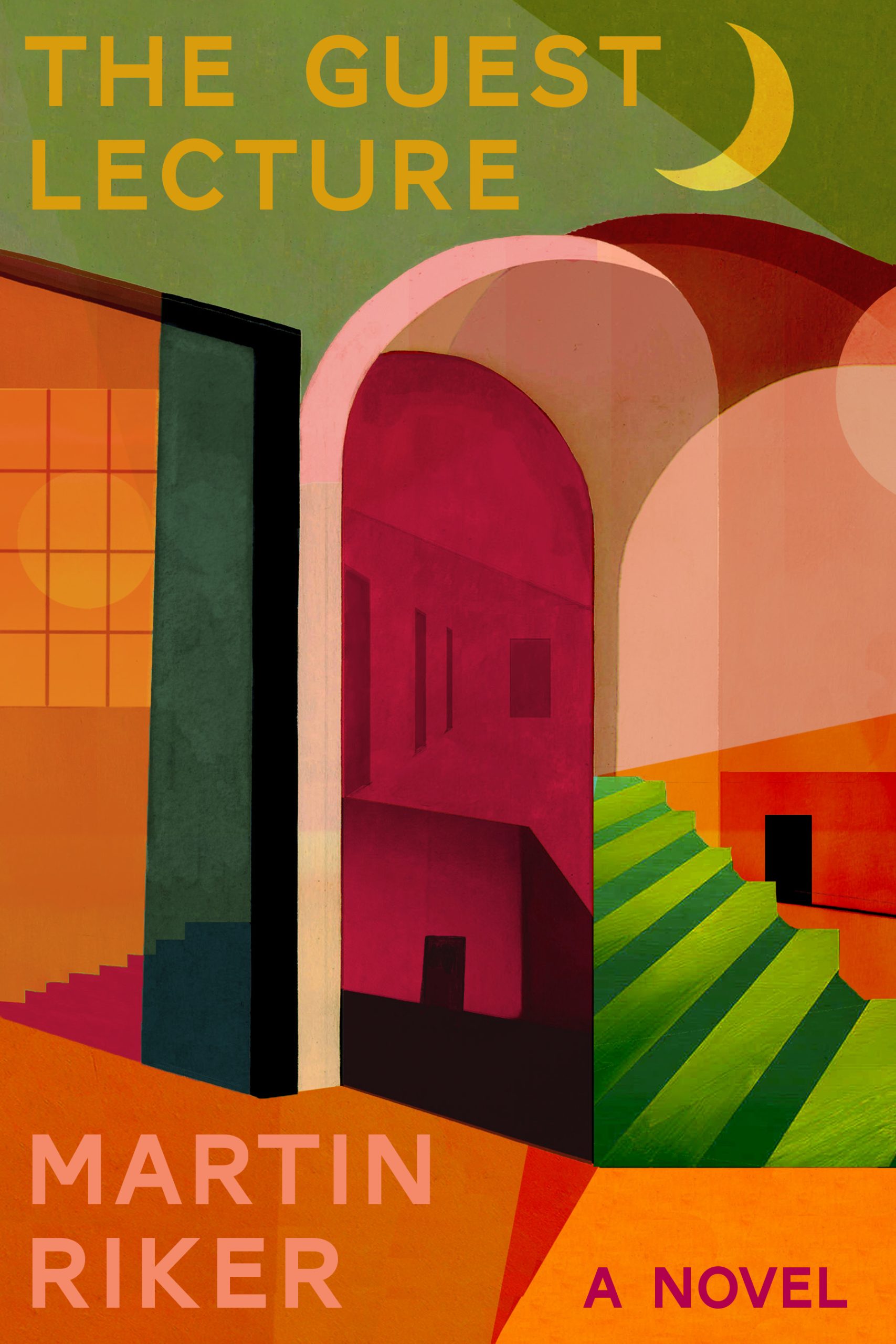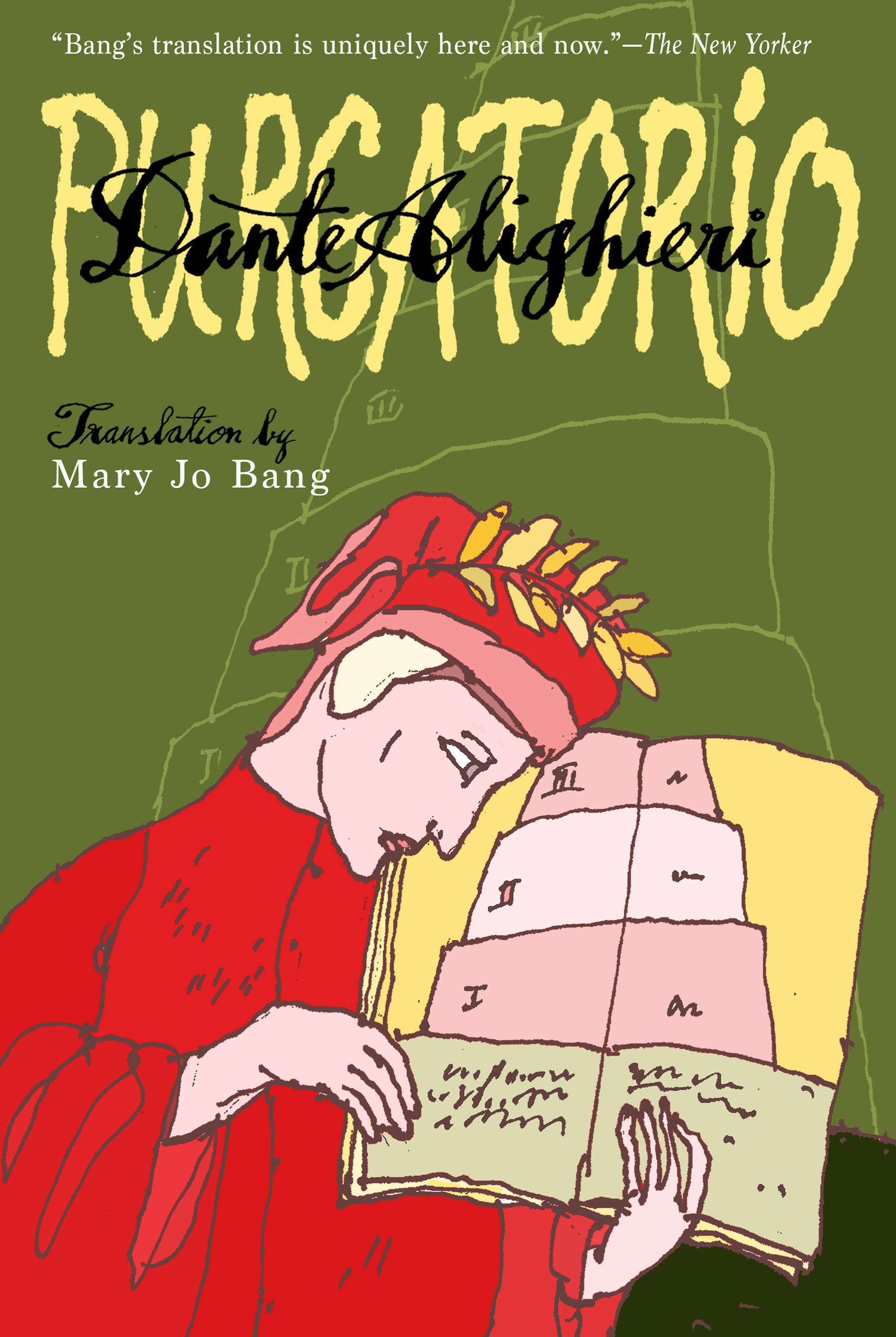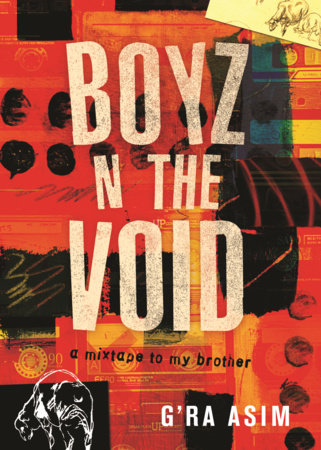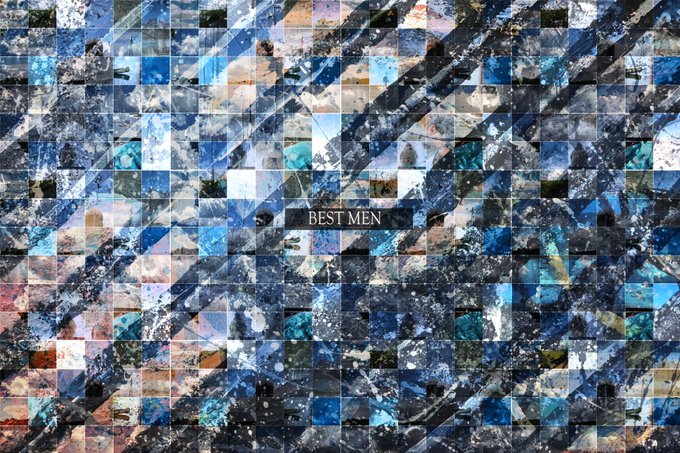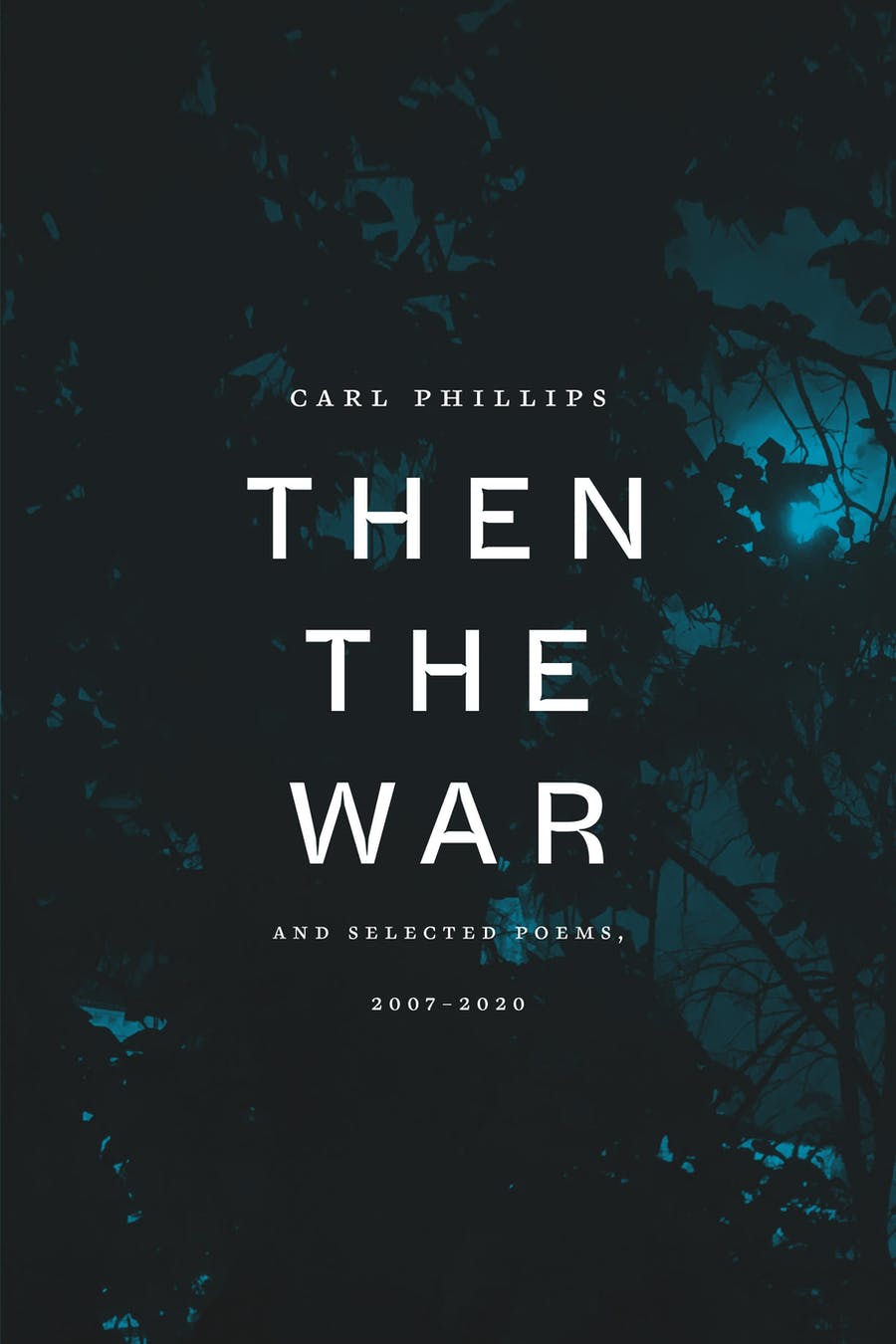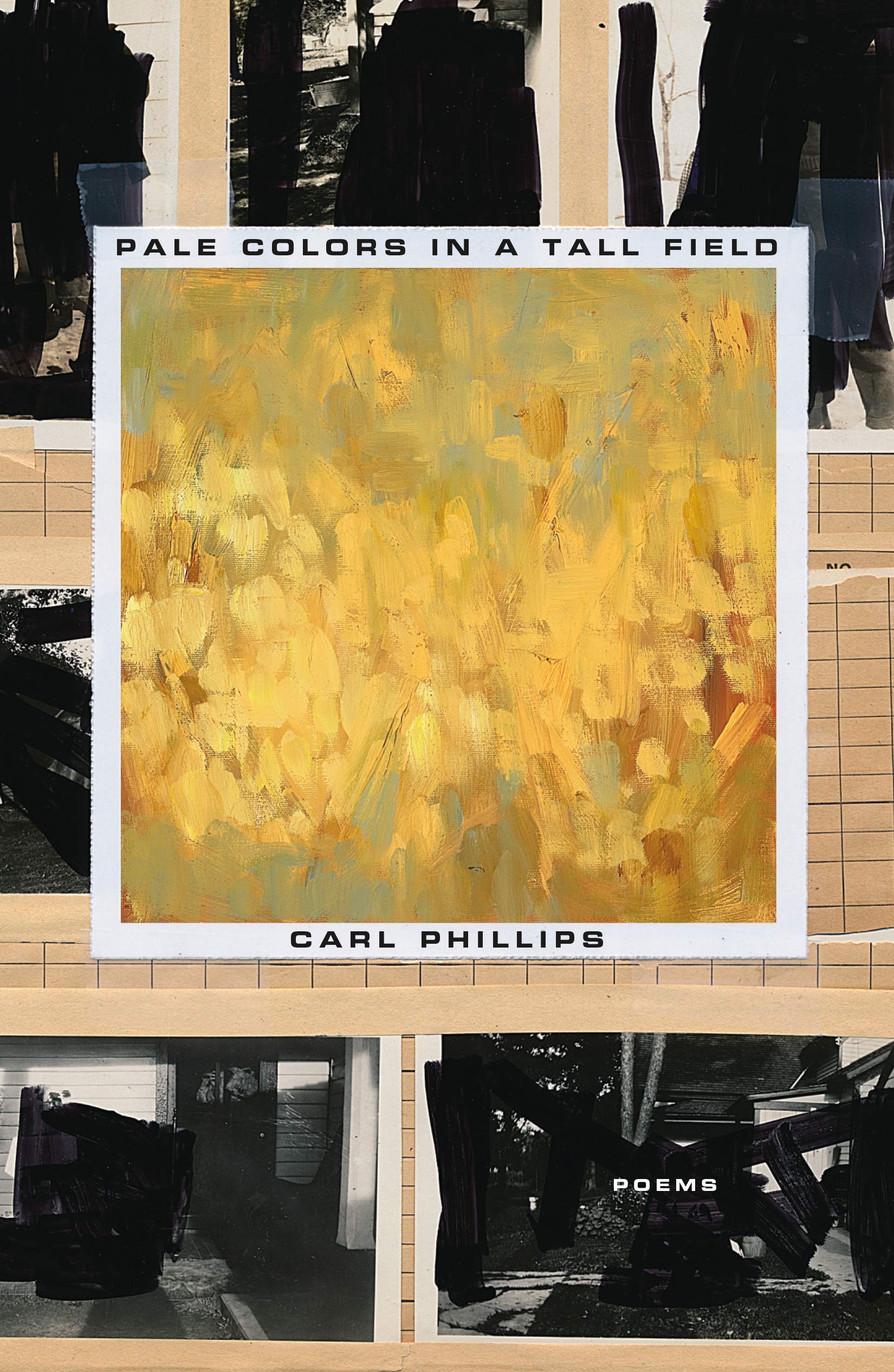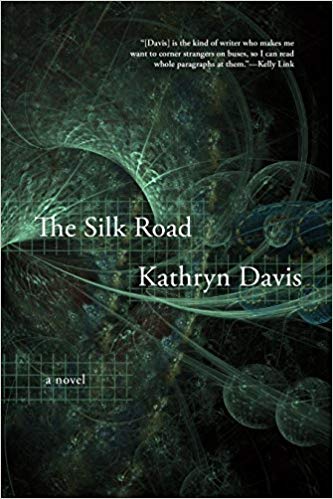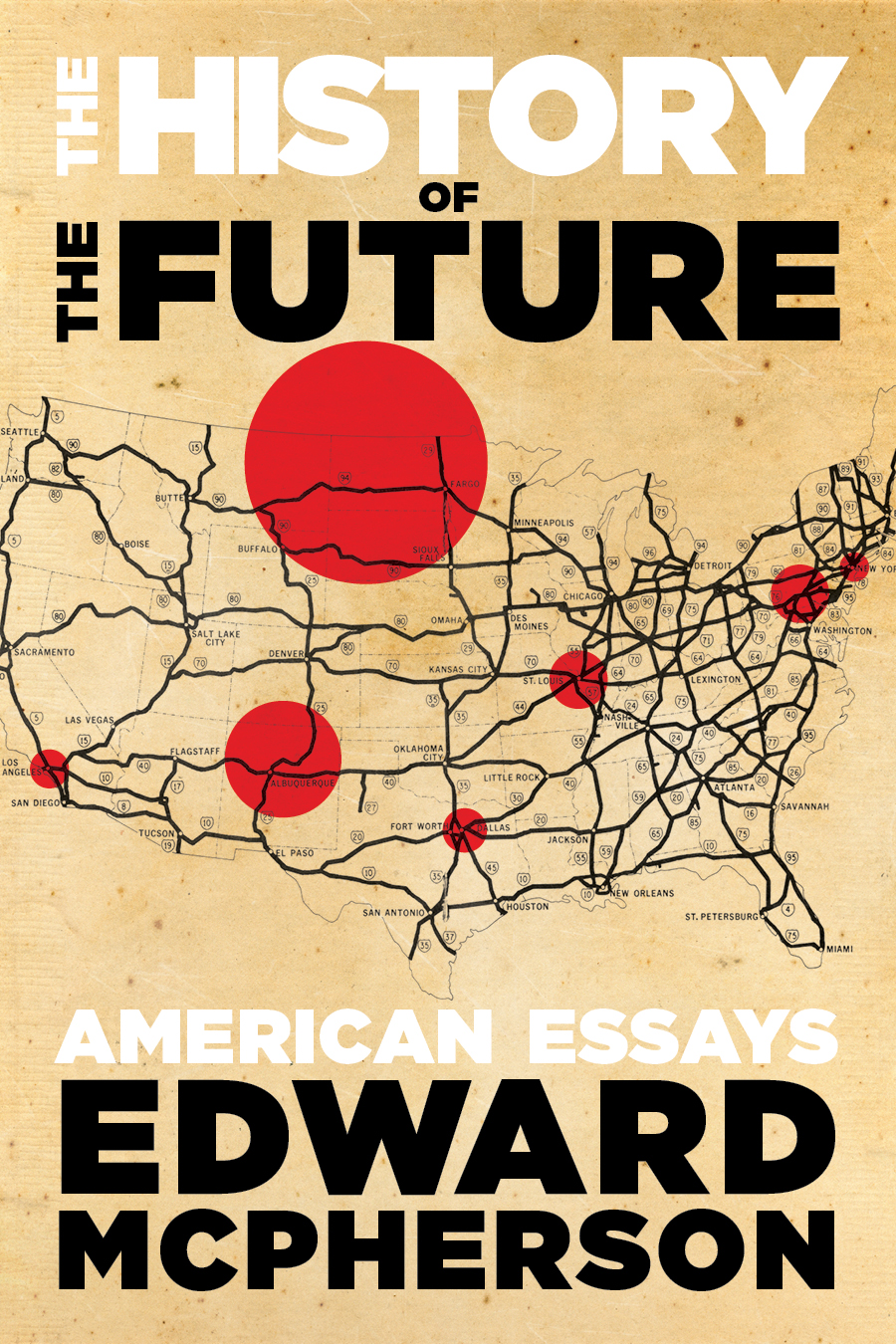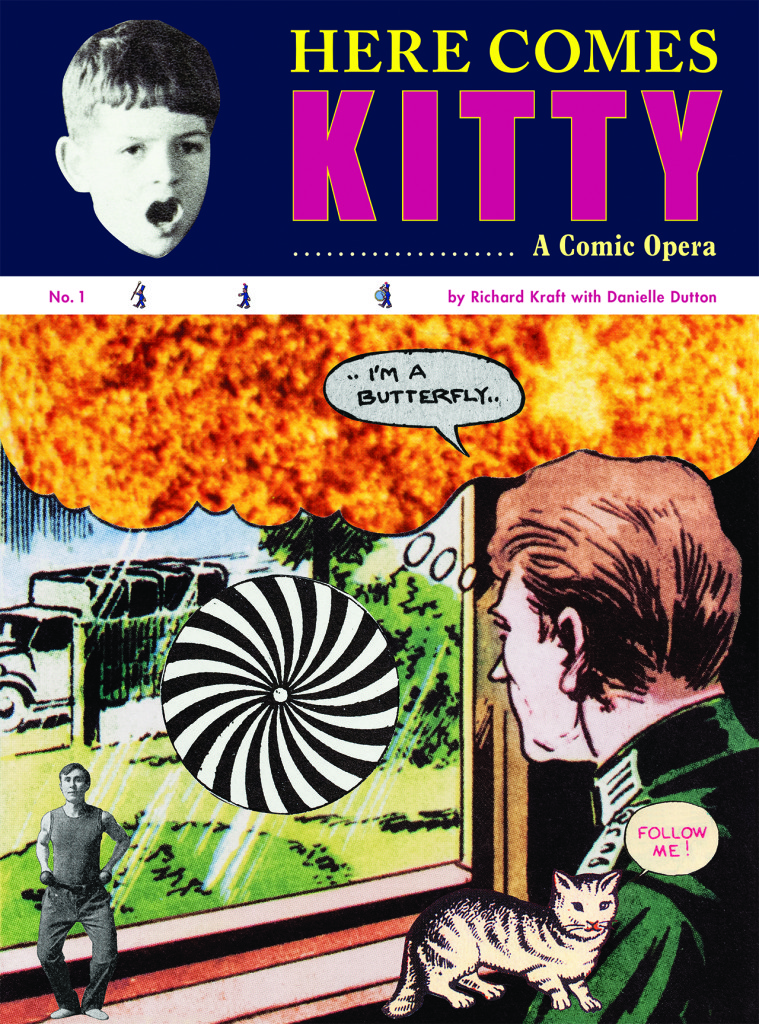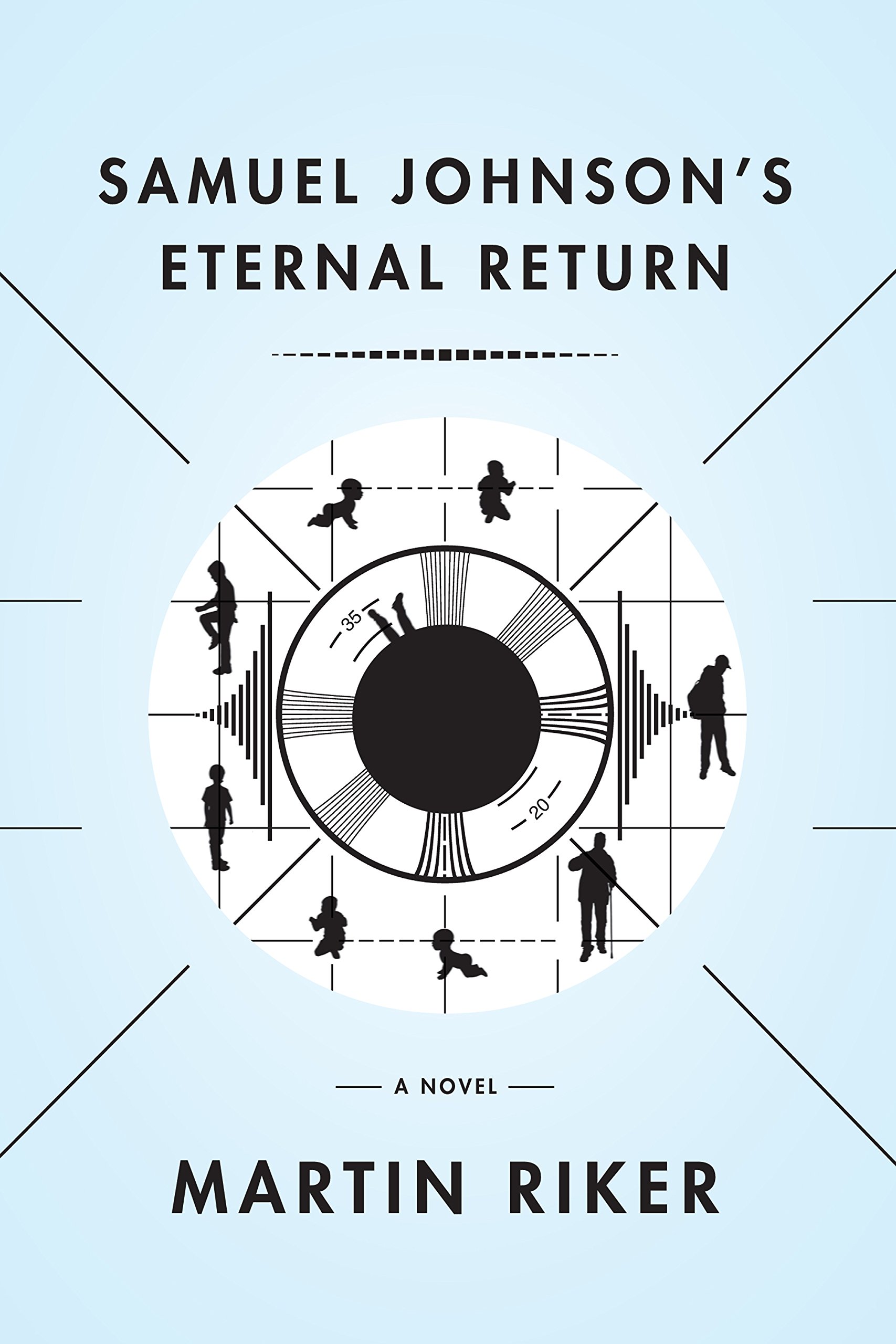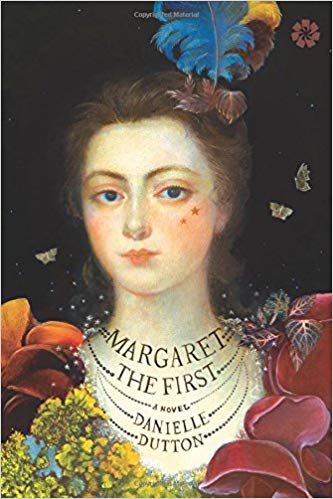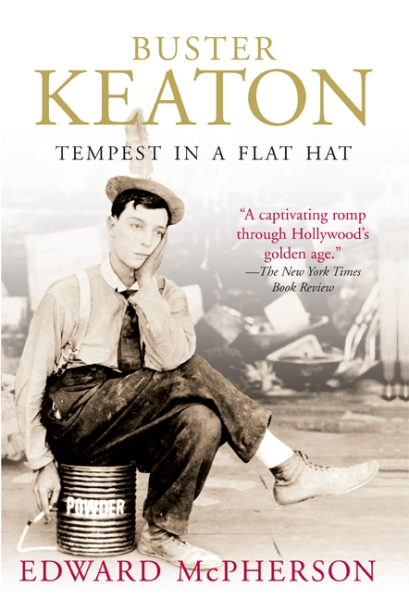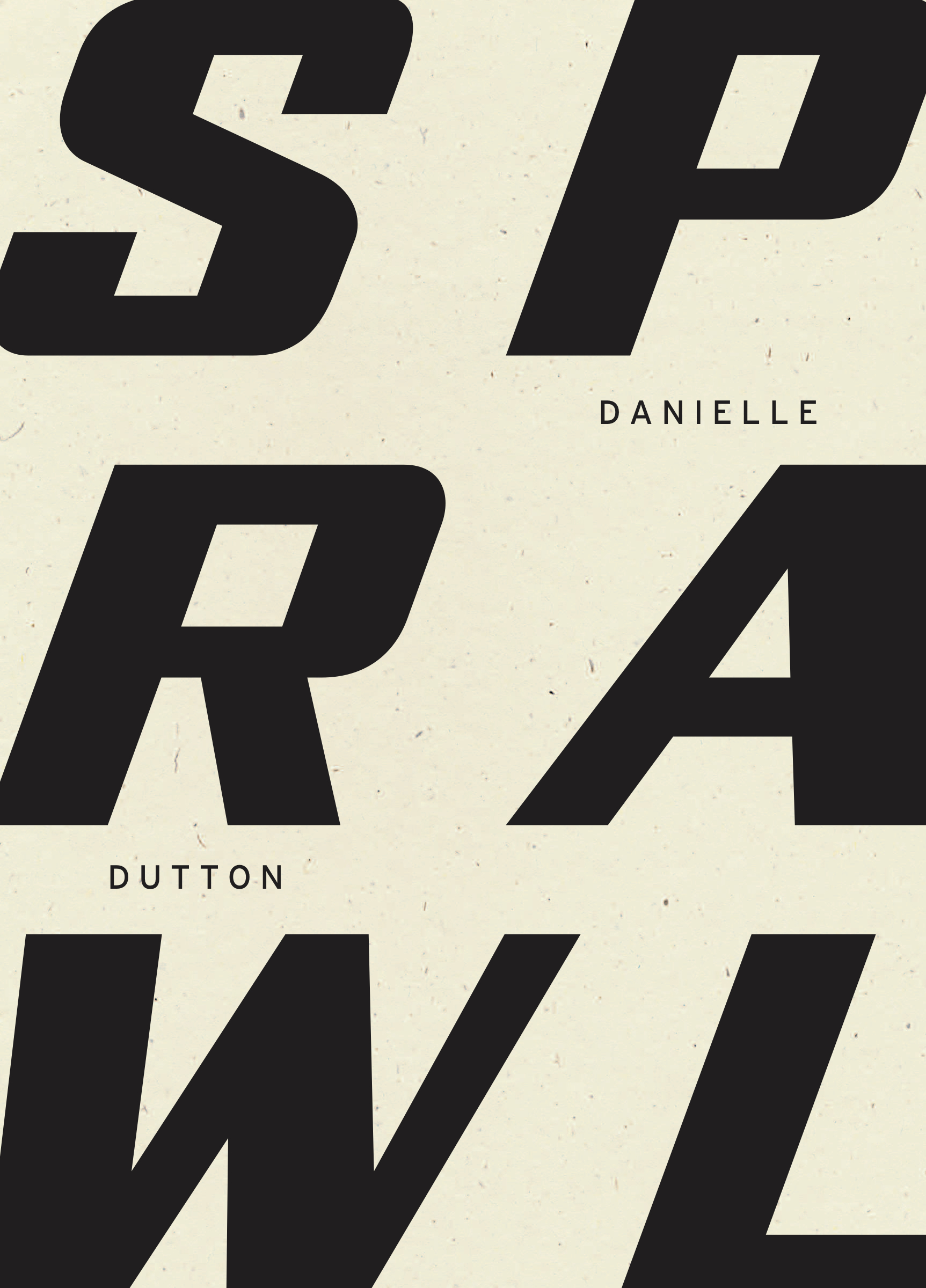The MFA Program at Washington University in St. Louis is a two-year program where 30 students are working toward MFA degrees in fiction, poetry and creative nonfiction. Our world-renowned faculty will mentor you and your writing to develop to your full potential. In addition to working with our faculty, our reading series brings a diverse group of poets, fiction writers, and nonfiction writers to the department, and the Hurst Professor program brings distinguished visitors each year to present their newest work, lecture on the craft of writing, and work one-on-one with our MFA students. Alison Bechdel, Claudia Rankine, George Saunders, Patricia Hampl, Kelly Link, Joy Williams, and Terrance Hayes are just some of our recent Hurst Professors.
The two-year program is rigorous and challenging, but fosters a close-knit community of support that continues long after the degrees have been granted. At the heart of the program are the fiction, creative nonfiction and poetry workshops, with craft courses in all genres, access to the department’s courses in literature, and many other courses in the College of Arts & Sciences also available to MFA students. Students may also take graduate courses from other departments when appropriate to their creative endeavors (and with the permission of the faculty).
Entry into the program is highly competitive—out of hundreds of applications received, we accept only 15 students (five each in fiction, poetry, and creative nonfiction). Our students come from all over the US and around the world and generally include a mix of recent undergraduates and older students, with a diversity of writing styles that continues to surprise us.


